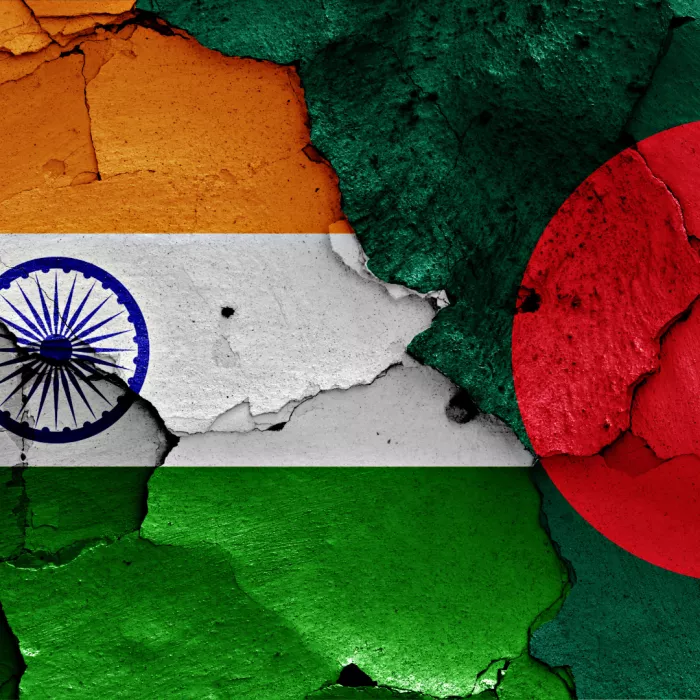
The transnational making of "middle class" or the political economy of migrations between Bangladesh and Portugal

- internazionale
Chair
Ester Gallo, University of Trento
Abstract
In the past decades, Bangladeshi migration to Portugal has gained an increasing importance and visibility. One of the more interesting facets of this population, though, is their educational and economic profile. They come from what has been roughly summed up as the “new” Bangladeshi “middle classes”. Their families are both rural and urban, have properties, and own businesses. Other members of their domestic units work in NGOs, and private and state owned companies. Simultaneously, they have considerable educational backgrounds, namely, college and university degrees and most are fluent in English. But what then was their motivation to come to Europe in the first place? And what does this tell us about the young Bangladeshi middle class?
For my interlocutors, it is through mobility and migratin that one can earn enough economic capital to access the “modern” and to progress in the life-course. By remaining in Bangladesh, their access to middle class status and adulthood is not guaranteed and thus migrating to Europe is seen as a possible avenue for achieving such dreams and expectations. The main argument of this session is that migration to bidesh, as a resource and a discoursive formation, and the ensuing transnational habitus created over four decades is itself constitutive of what one could call a transnational “middle class”.